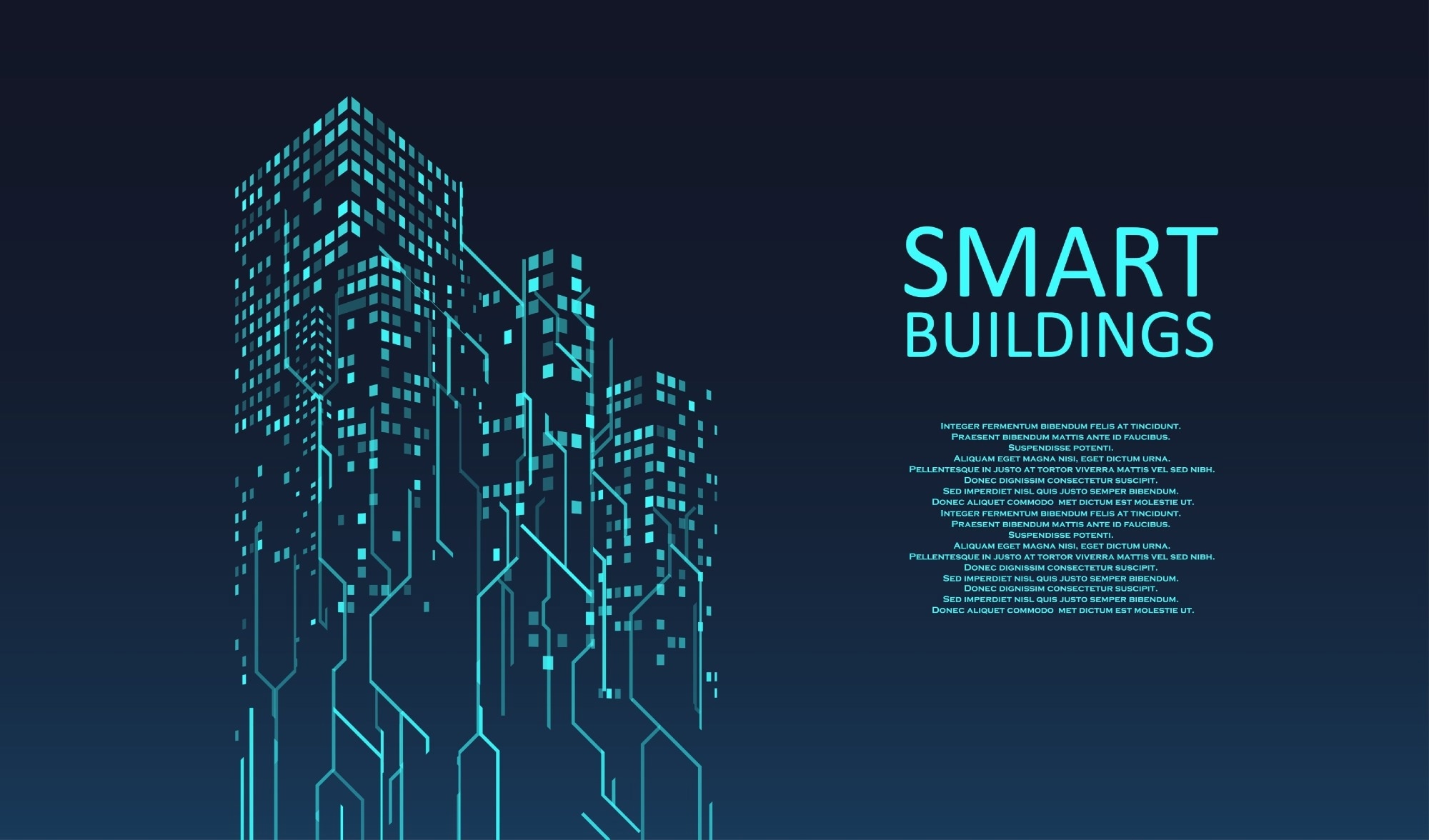 By Nidhi DhullReviewed by Susha Cheriyedath, M.Sc.Sep 26 2024
By Nidhi DhullReviewed by Susha Cheriyedath, M.Sc.Sep 26 2024A recent article published in Sustainability has introduced an AI-based framework utilizing Large Language Models (LLMs) from OpenAI's ChatGPT-3 and Google Bard. The framework was designed to evaluate 26 criteria related to smart building (SB) services, spanning five key infrastructure domains in smart cities (SCs): mobility, energy, water, waste management, and security.
 Study: An AI-Based Evaluation Framework for Smart Building Integration into Smart City. Image Credit: majcot/Shutterstock.com
Study: An AI-Based Evaluation Framework for Smart Building Integration into Smart City. Image Credit: majcot/Shutterstock.com
Background
SBs and SCs represent complex systems where diverse technologies and services must work seamlessly together. Various frameworks, such as the Smart Readiness Indicator and the SPIRE™ SB rating program, have been developed to evaluate SB performance. These tools enable stakeholders to assess and enhance resilience, economic efficiency, and sustainability in urban environments.
However, these existing frameworks face several challenges, including difficulties with standardization, data access, management, and accuracy. Additionally, few studies have fully explored the interplay between SB performance and overall smart city operations. Addressing these limitations requires ongoing investment in data infrastructure and the evolution of assessment methods.
LLMs, leveraging deep learning, offer a new approach to deriving actionable insights. These AI-driven models excel in sentiment and contextual analysis, making them powerful tools for understanding the integration of SBs within the broader SC ecosystem. This study introduces and validates a comprehensive method that leverages LLMs to evaluate how SB services contribute to smart city infrastructure, providing stakeholders with a data-driven path to improving urban performance.
Methods
This study focused on three core aspects—efficiency, resilience, and environmental sustainability—to evaluate the performance of SCs. Additionally, the interdependencies between SBs and SCs were analyzed across five key infrastructure domains: energy, mobility, water, waste management, and security. Within these domains, 26 intelligent service variables were identified to represent the smart features of SBs.
Two well-known LLMs, Google’s Bard and OpenAI ChatGPT-3, were considered for developing the evaluation framework, which assessed the impact of selected SB services on SC performance. Accordingly, each factor in a domain was evaluated for efficiency, resilience, and environmental sustainability.
The impact of each SB factor was quantified on a scale of 0 (no impact) to 2 (significant impact). Alternatively, each SC infrastructure domain was allocated a weight from 1 (not important) to 5 (significantly important) using the 5-point Likert scale.
To mitigate biases, each AI model was repeatedly tested in five sessions of the same tasks, each with five trials. The response-generated distribution from the mean values of each session was then analyzed to determine the possible impact scores. Furthermore, the results were validated through the Delphi method with two rounds (preliminary examination and reevaluation) of a validation process.
Finally, the applicability of the developed AI framework was demonstrated through case studies on five sophisticated SB projects: The Edge in Amsterdam, One Angel Square in Manchester, National University of Singapore (NUS), Ongos Valley in Namibia, and Reliance Modern Economic Township (MET) City in India.
Results and Discussion
ChatGPT-3 consistently assigned a score of 2 to the efficiency and resilience of SC infrastructure factors. However, the score for environmental sustainability varied among these domains. In contrast, Google Bard demonstrated a broader score range across all three SC performance parameters, likely due to its real-time training through Google search.
During Round 1 of result validation, an 80 % consensus was reached for only 17 of the 26 attributes and two domains. However, after Round 2, this consensus level was achieved for the remaining nine variables and their respective importance domains. This demonstrates the efficacy of the Delphi technique in refining the AI-generated evaluation framework by leveraging iterative expert feedback.
Within the framework, SB services for SC energy infrastructure were considered most critical, achieving a maximum impact of 32.67 %. Smart water management services ranked second with a 23.96 % impact on SB integration into SC, followed by the security domain at 19.96 %. In comparison, smart mobility services, which play a key role in reducing SC traffic congestion, had a 17.42 % impact. Finally, smart waste management services had the smallest impact at 5.99 % on total SC integration.
The selected case studies on SB integration in SC further supported these findings. The Edge in Amsterdam scored the highest across the energy, water, and security domains. On the other hand, Ongos Valley excelled in waste management and security. Despite strong levels of integration, NUS, One Angel Square, and Reliance MET City demonstrated some deficiencies compared to the ideal model.
Conclusion
Overall, the researchers conducted a comprehensive evaluation of the impacts of SB services on SC performance using advanced AI tools. Beyond determining the weight of influence of various SB services, the proposed framework effectively analyzed how these services align with SC goals of efficiency, resilience, and environmental sustainability, as demonstrated through five case studies.
However, the study primarily focused on the technological aspects of integrating SBs into SCs, leaving out critical considerations such as human factors, long-term sustainability, user acceptance, and the cost-effectiveness of SB solutions. To ensure successful SC integration, it is essential to account for these factors. Therefore, the researchers recommend expanding the framework's application to encompass a wider range of SB initiatives. This broader approach would enhance decision-making regarding infrastructure development, resource allocation, and sustainability strategies.
Journal Reference
Shahrabani, M. M. N. & Apanaviciene, R. (2024). An AI-Based Evaluation Framework for Smart Building Integration into Smart City. Sustainability, 16(18), 8032. DOI: 10.3390/su16188032, https://www.mdpi.com/2071-1050/16/18/8032
Disclaimer: The views expressed here are those of the author expressed in their private capacity and do not necessarily represent the views of AZoM.com Limited T/A AZoNetwork the owner and operator of this website. This disclaimer forms part of the Terms and conditions of use of this website.
Article Revisions
- Sep 27 2024 - Revised sentence structure, word choice, punctuation, and clarity to improve readability and coherence.